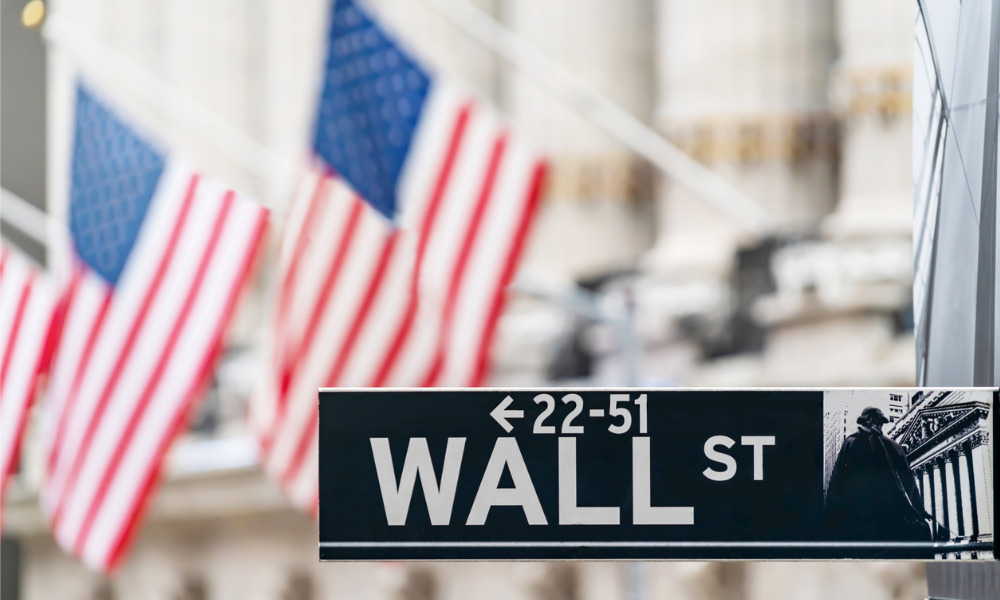

Wall Street is still struggling to keep track of the myriad ways bankers are communicating with one another, even after shelling out more than $2 billion in penalties over staffers’ use of WhatsApp and other unauthorized messaging services.
That’s according to data compiled by the technology firm Global Relay, which says it works closely with banks including Goldman Sachs Group Inc., Morgan Stanley and UBS Group. The firm found that two-thirds of financial firms aren’t capturing LinkedIn communications data from their staff and just 3% have been able to monitor employees’ use of Zoom Video Communications Inc.’s conferencing technology.
LinkedIn is “not the kind of platform you’d expect to be on the regulatory radar but I think it’s going to be,” Alex Viall, chief strategy officer at Global Relay, said in a telephone interview. “It’s very prevalent and very trusted and I don’t think many compliance teams are going to expect that.”
The report is based on data that Global Relay collected from over 10,000 banks, broker-dealers, fund managers and other regulated financial services firms.
Finance firms are required to closely monitor communications in order to limit any improper conduct. That system has long been challenged by the proliferation of mobile-messaging apps but it was further upended during the pandemic, when many staffers were forced to work from home for months on end.
“LinkedIn appears to be a likely next focus,” Rob Mason, director of regulatory intelligence at Global Relay, said in a statement. “Some firms are ahead of the game and are already capturing communications – they have clearly learned from past scandals – but the majority need to rethink their approach before it’s too late.”
Last year, U.S. regulators reached settlements with a dozen banks in a sprawling probe into how global financial firms failed to monitor employees’ communications, with total penalties in the matter reaching more than $2 billion at that time. Since then, major hedge funds have been asked by regulators to review employees’ personal mobile phones as part of the mushrooming probe. And in September a fresh slate of Wall Street firms, including major brokerages, agreed to pay tens of millions of dollars to US regulators over the matter.

“While harm certainly occurred, it was not the cataclysmic harm that can justify a nearly half billion-dollar award to the State,” Justice Peter Moulton wrote, while Trump will face limits in his ability to do business in New York.

Sieg, 58, was head of Merrill Wealth Management, left in 2023 and returned that September to Citigroup, where he worked before being hired by Merrill Lynch in 2009.

Technology can do a lot of things, but advisors still have undeniable value

Two longtime RIA industry figures have joined the board of directors at TaxStatus, a fintech company that garners thousands of IRS data points on clients to share with advisors for improved financial planning oversight and time savings.

Morningstar's analysis found that the WISH Act would have a positive impact on reducing the shortfall of funds retirees will experience, with the largest impact on single men and women.
Orion's Tom Wilson on delivering coordinated, high-touch service in a world where returns alone no longer set you apart.
Barely a decade old, registered index-linked annuities have quickly surged in popularity, thanks to their unique blend of protection and growth potential—an appealing option for investors looking to chart a steadier course through today's choppy market waters, says Myles Lambert, Brighthouse Financial.
